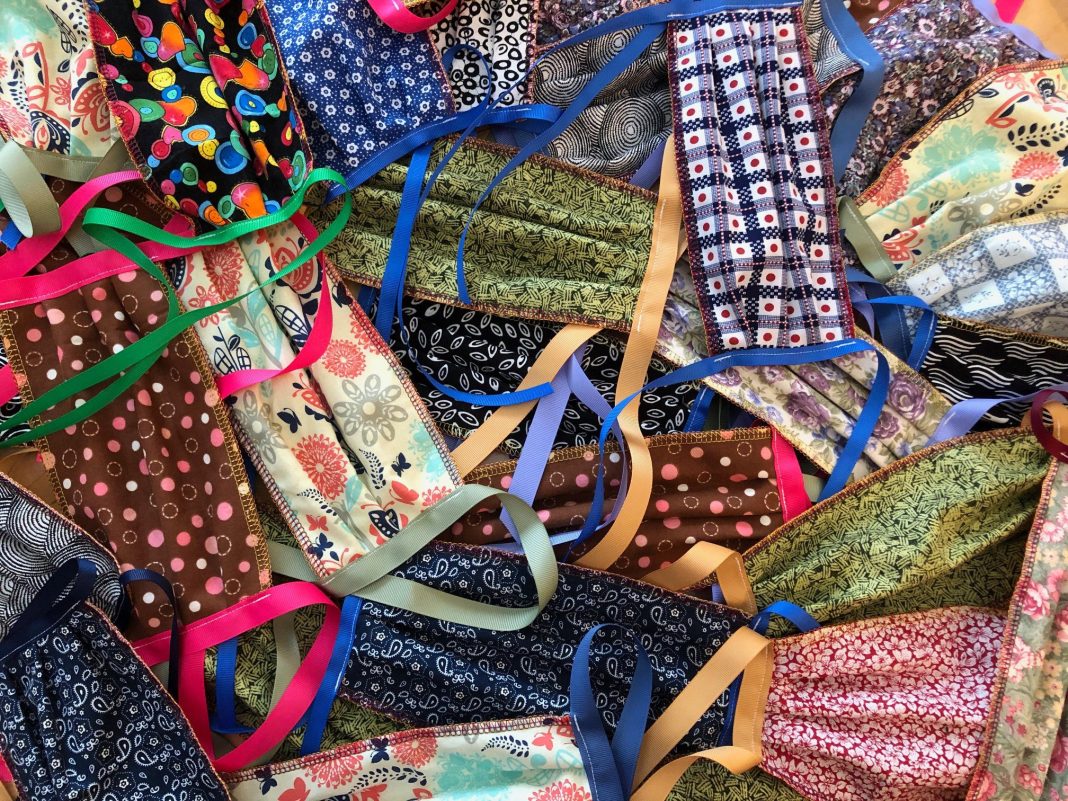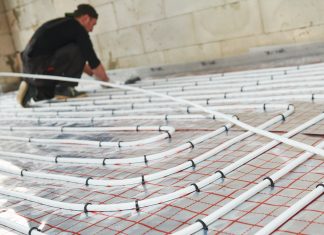Submitted by the Whatcom County Health Department
Today we issued a Local Health Officer Directive that directs everyone to wear cloth face coverings while in any public indoor and outdoor locations where a person will be within six feet of someone who they don’t live with. As summer approaches and more worksites, businesses, and public places reopen, wearing face coverings in public will be a part of maintaining the gains we’ve made over COVID-19.
This Directive takes effect on Friday, May 22nd, and expires when the Health Officer determines mask use is no longer required.
Cloth face coverings don’t offer full protection against COVID-19. Wearing face coverings in public is another tool that will reduce the spread of the virus. It doesn’t reduce the need to wash your hands frequently and stay six feet apart from non-household members.
Cloth face coverings do help protect others by blocking droplets that contain the virus from spreading to others when someone with the infection coughs, sneezes, or speaks. That can happen even before someone with the infection shows symptoms or only has mild symptoms.
Here’s what you need to know about this new Directive.
When and where to wear your cloth face covering
Whenever you are in a public indoor or outdoor setting where you may be within six feet of someone you don’t live with, like a grocery store or other retailer, you should wear a cloth face covering. Wear a face covering outside if you are unable to keep six feet between yourself and others. For a list of specific places you should wear a face covering, go to www.whatcomcounty.us/masks.
Some people may not be able to wear a cloth face covering. The following people do not need to follow this Directive:
- Individuals with a disability that makes it hard for them to wear or remove a face covering.
- Anyone who has been advised by a medical professional to not wear a face covering.
- Children ages 2 and younger.
- Children ages 2-12 should only wear a face covering if they are supervised by a caregiver to ensure it is worn safely. Learn more about helping kids wear cloth face coverings.
- Individuals who are unconscious, have trouble breathing, or are unable to remove a face covering without help.
- Anyone who is deaf and moves their face and mouth to communicate. Additional resources about wearing cloth masks for those who are deaf, hard of hearing, wear cochlear implants, or glasses are available on our website at www.whatcomcounty.us/masks.
The type of mask you should wear
We’re directing residents to wear cloth face coverings. Cloth face coverings are also called cloth masks, face coverings, or face masks. An appropriate covering could be:
- a cloth mask.
- a bandanna.
- a scarf.
Don’t use N-95 and medical-grade surgical masks. These types of masks should be reserved to protect frontline workers who are more directly exposed to the virus, such as nurses, doctors, and EMTs. Please leave these masks for those workers. If you have these types of masks or other unused PPE that you would like to donate to our frontline workers, contact Whatcom Unified Command.
Face coverings should fit snugly over your nose and mouth. Watch this video for how to correctly wear a face covering and check out this resource to learn more about how to wear and store a cloth face covering.
Where to get a cloth face covering
Cloth face coverings don’t have to be fancy. There are many guides online showing how to make a simple cloth face covering. Some are very easy and require no sewing, and some are more complicated, but all of them do the same job. They will slow transmission and help people who may have the virus and do not know it from accidentally infecting others.
Here are some videos outlining how to make cloth masks:
- CDC Sew and No Sew Cloth Mask Instructions.
- GetUsPPE has many mask patterns that have been reviewed by medical personnel.
- The Hearing Speech and Deafness Center has Instructions for Clear Window Masks.
- Learn how to make an easy no-sew face mask from the Surgeon General.
Whatcom Unified Command will purchase and distribute masks for free to vulnerable communities and those who face barriers to obtaining masks, including people experiencing homelessness, older adults, and low-income residents. Reusable face coverings will be made available through community organizations.
A supply of 100,000 single-use, non-medical masks will also be purchased and distributed to locally-owned businesses and local governments as they reopen. The masks are intended to be used by employees and customers and will be distributed through local Chambers of Commerce.
If you are a healthcare or essential worker, you may be able to receive a donated mask. Contact Whatcom Unified Command for more information. There are also online outlets where you can buy a mask, and some local businesses are also selling cloth face coverings.
Enforcement
We strongly urge people to comply with this Directive because it is an effective way to prevent the spread of COVID-19, however, there is no criminal, civil, or financial penalty for failing to wear a face covering in these settings. Violation of this Directive does not create grounds to stop, detain, issue a citation, arrest, or prosecute individuals who do not comply with it. Law enforcement will not be involved in the enforcement of this directive. This Directive may and should be used to educate, encourage, and persuade individuals to wear face coverings, and we will evaluate if additional steps need to be taken if there is wide-scale non-compliance.
Cloth face covering donations
Cloth mask donations are currently accepted at six ballot drop boxes around the county: in Blaine, Lynden, Ferndale, Deming, Sudden Valley, and Bellingham. Donated face coverings are collected, sanitized, and distributed to local businesses.
For more information about the Whatcom County Health Department’s cloth face covering directive, visit www.whatcomcounty.us/masks.
Featured photo courtesy Whatcom County Community Face Mask Team










































